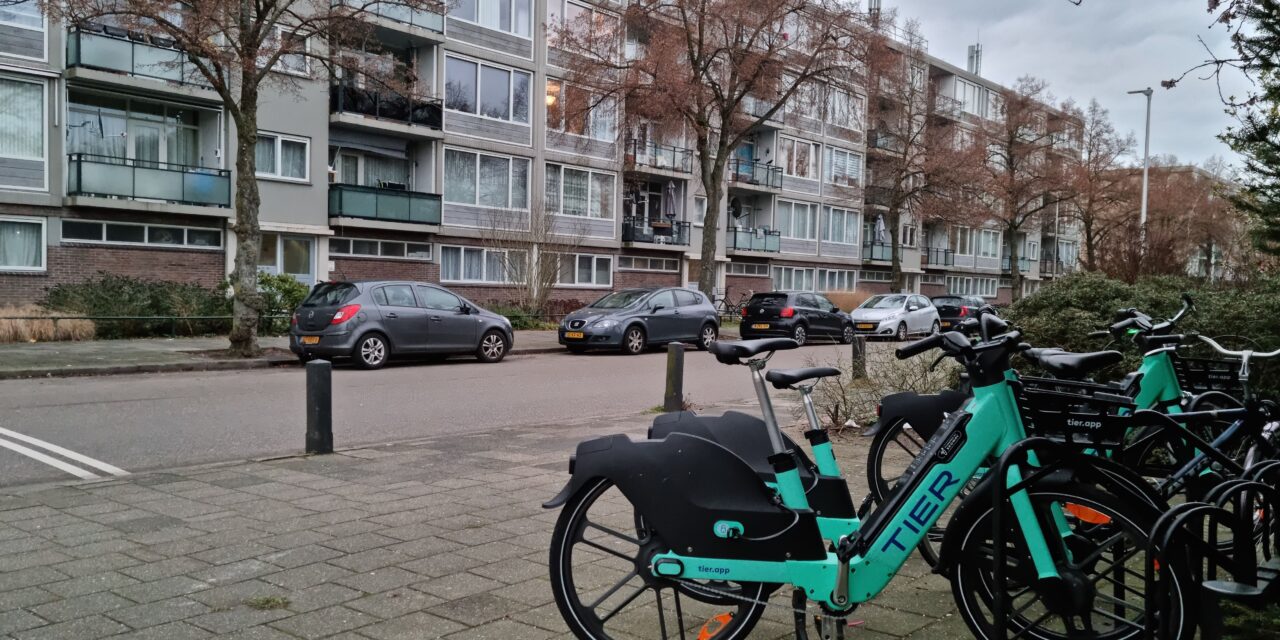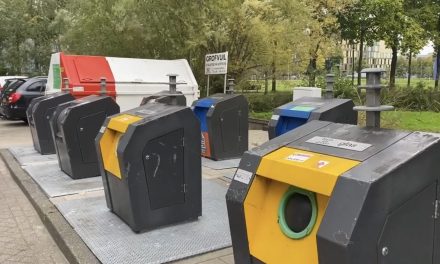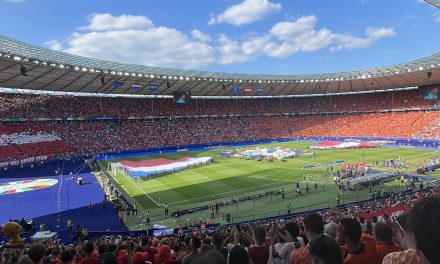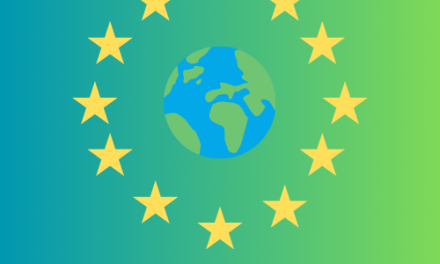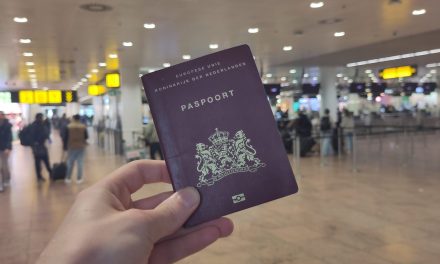As the cold season came, gas prices in the Netherlands exploded. Due to natural gas shortages felt all across the EU, compared to last winter, the Dutch public is paying almost eight times more for energy, with prices reaching the near-unaffordable 118€ per megawatt-hour. However, this trouble helped to bring up a problem the Dutch were always reluctant to speak about: energy poverty.
Energy poverty is characterised by several factors, such as a household being unable to adequately warm their home during winter, energy prices being inaccessible to vulnerable people, inefficient energy markets, lack of adequate energy infrastructure, etc.
As Dr Sergio Tirado Herrero, PhD in Environmental Science and Policy, explains, ‘the Netherlands is among those called Hanseatic countries, that resist to recognise energy poverty as something different (than regular poverty)’, and ‘are very reluctant’ to debate it, ‘because the social welfare and protection systems are very well developed’, ‘this means that to a large extent those systems can help mitigate energy poverty and other forms of poverty’.
Nevertheless, according to the EU Energy Poverty Observatory (ENPOR), around 3,64% of the Dutch population struggles with energy poverty, more than half a million people.
This unawareness of the Dutch regarding energy poverty is pointed out not only by researchers and academics, but also by those working in connection with the government. When asked if he considered energy poverty to be an overlooked issue in the Netherlands, Lucas Smits, business developer for Future Energy at ROM Utrecht Region, a company related to the local government, was clear:
‘Until the spike in natural gas prices, yes. However, after the spike it suddenly became a hot topic (…). So I am positive about that, I expect that it will remain a hot topic, also because I don’t see the natural gas prices go down much, they will probably stay higher for longer.’
He also confirmed that there’s currently not enough being done by the government to tackle the issue:
‘Unfortunately, within the province of Utrecht there is a lot of discussion and interest in this subject, but not much decisive action yet. I do think this will change though because there is no other option.’
Energy poverty and the transition to cleaner energy
Energy transition is one of the main topics of the European Green Deal and the European Climate Law. According to Dr Lucie Middlemiss, Professor of Environment and Society at the University of Leeds, energy transition and energy poverty walk side-by-side, and the EU has to take vulnerable households into account when sustainability is at stake:
‘I think the obvious route into EU policy is in addressing the links between the energy transition in the EU (greening energy supplies) and energy poverty. For me, this would mean the EU setting priorities for a just transition. We can see that happening to some extent in the policy initiatives around renovation (renovation wave), but there is probably a need for a greater understanding of who is vulnerable to energy poverty and why.
‘This is a real challenge for the future, as a transition to renewables or electric heating is both expensive, and unpredictable in terms of future costs. For that reason a focus on efficiency first and then cheapest energy source in the longer term is essential for energy poor households.’
What should be done?
Recognising the problem, and giving it the relevance it deserves, as it is getting now with the spike in gas prices, are very important steps, but more practical action needs to be done.
Dr Tirado Herrero suggests some actions the Dutch government could take:
‘it’s important to guarantee the security of access to supply regardless of the ability to pay. Access to energy supply shouldn’t be dependent on the ability to pay.
‘The government has to ensure that people have the most adequate prices, with no unnecessary services included. The liberalisation of retail energy provision has created a very complex market, you have lots of providers, lots of tariff contracts and deals. Most households, especially vulnerable ones, find it hard to navigate these very market oriented ecosystem, being very likely to end up with inadequate tariffs and supply contracts.’
However, Dr Tirado Herrero also admits that tackling energy poverty is especially hard in times of energy transition, as the consequences of such a process are yet to be known.
‘The energy transition is not going to be a neat change in the way we use energy, it is going to be something dramatic, problematic, with losers and winners, and the energy-poor populations are likely to suffer from this process of socio-technical change.
‘It is going to bring opportunities for sure, but it’ll also increase inequalities because not everyone will have access to transition technologies.’
According to Dr Middlemiss, it is not only the national government’s duty to develop policies and implement measures to tackle energy poverty, action at a local level are of utter importance. For the Professor, cooperation between local and national levels is the key to fight the problem, as well as active participation from civil society.
‘Action happens at local level, and principally needs well-funded local authority initiatives, although civil society can have a role. This can be in the form of protest about living conditions, or in offering support for people to be able to live decent lives
‘Note that while action happens at a local level, there is a real need for a national framework in which this can happen. This is to ensure that adequate funds are assigned according to local authority needs, and that learning on policy effectiveness is passed between local authorities. Until now this has been lacking in the Netherlands.’
Fighting energy poverty in real life: active projects across the country
Despite energy poverty not receiving the due relevance before, there are some very active projects in the Netherlands, funded by the European Union, to mitigate its effects and include vulnerable households in the energy transition process.
This is the case of the IRIS SmartCities Utrecht and the EnergyMeasures project in Eindhoven.
In collaboration with a start-up named EARN-E, EnergyMeasures has developed a device that will help people from poor households to better measure their energy consumption, preventing waste and unnecessary costs. The project also offers energy coaching to these vulnerable consumers, in order to provide them with small energy-saving measures and assistance on how to better read/understand their energy bills.
Jantine Claus is the project leader at the municipality of Eindhoven, explains that, even though the project is going well, more integration and funding is needed:
‘I think more structural financing is necessary, so that projects can continue on and can be developed.
‘In Eindhoven, the EnergyMeasures project brought a closer collaboration between the social domain and the team working on sustainability, which is more effective than both departments working separately.’
On the future of the project, she added: ‘The next steps might include financial help with replacing appliances for ones with a better energy label.’
On the other hand, IRIS SmartCities Utrecht is rather more ambitious. As a European project integrated with other so-called “lighthouse cities”, namely Gothenburg and Nice, the initiative aims to bring the energy transition to life in Utrecht.
Among other actions, the project has promoted a renovation (retrofit) of outdated and obsolete energy infrastructure of many housing buildings at one of the least-favourable neighbourhoods of Utrecht, Kanaleneiland-Zuid, as well as providing these households with energy measuring devices, to stimulate a more smart energy consumption.

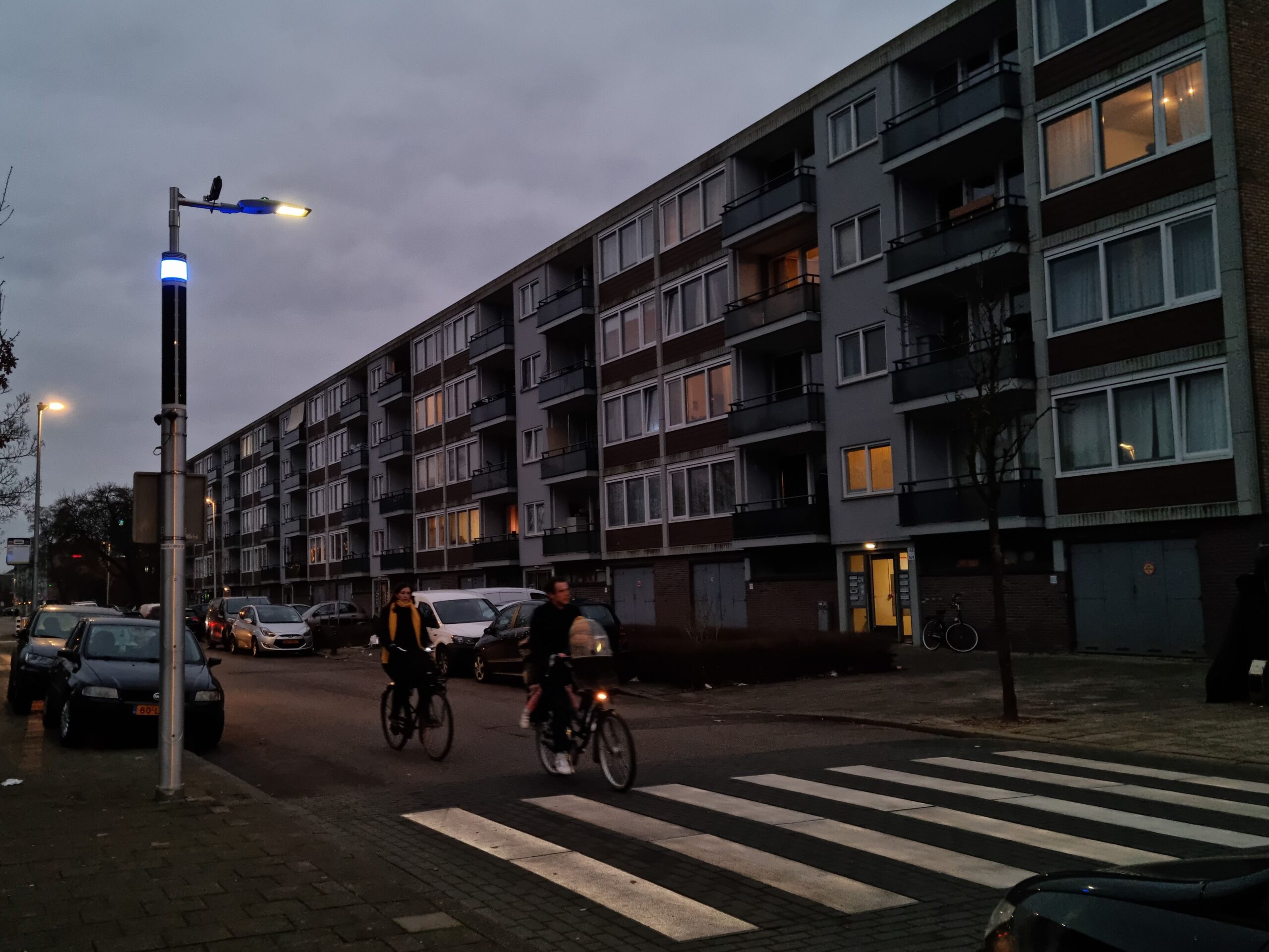
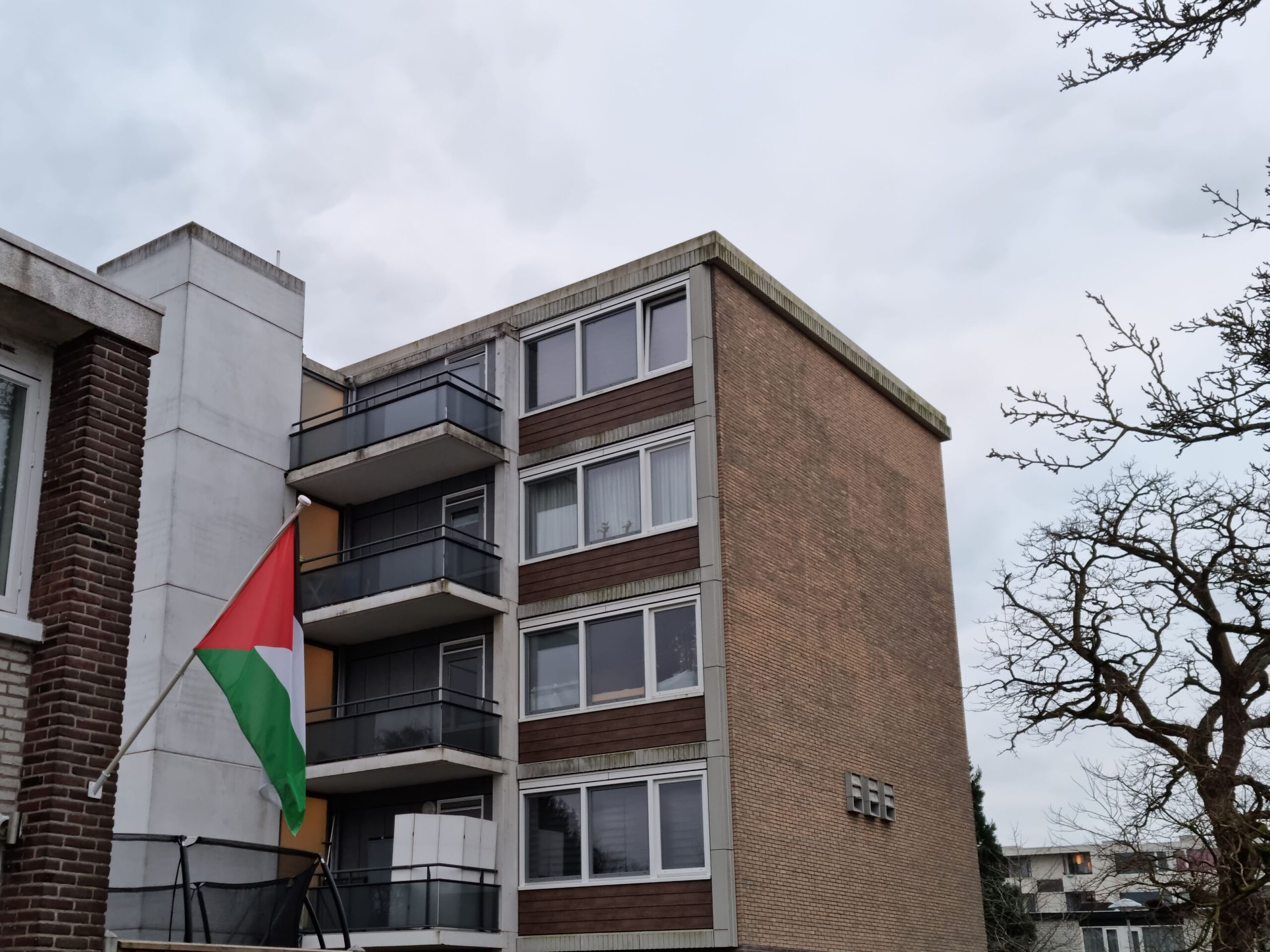
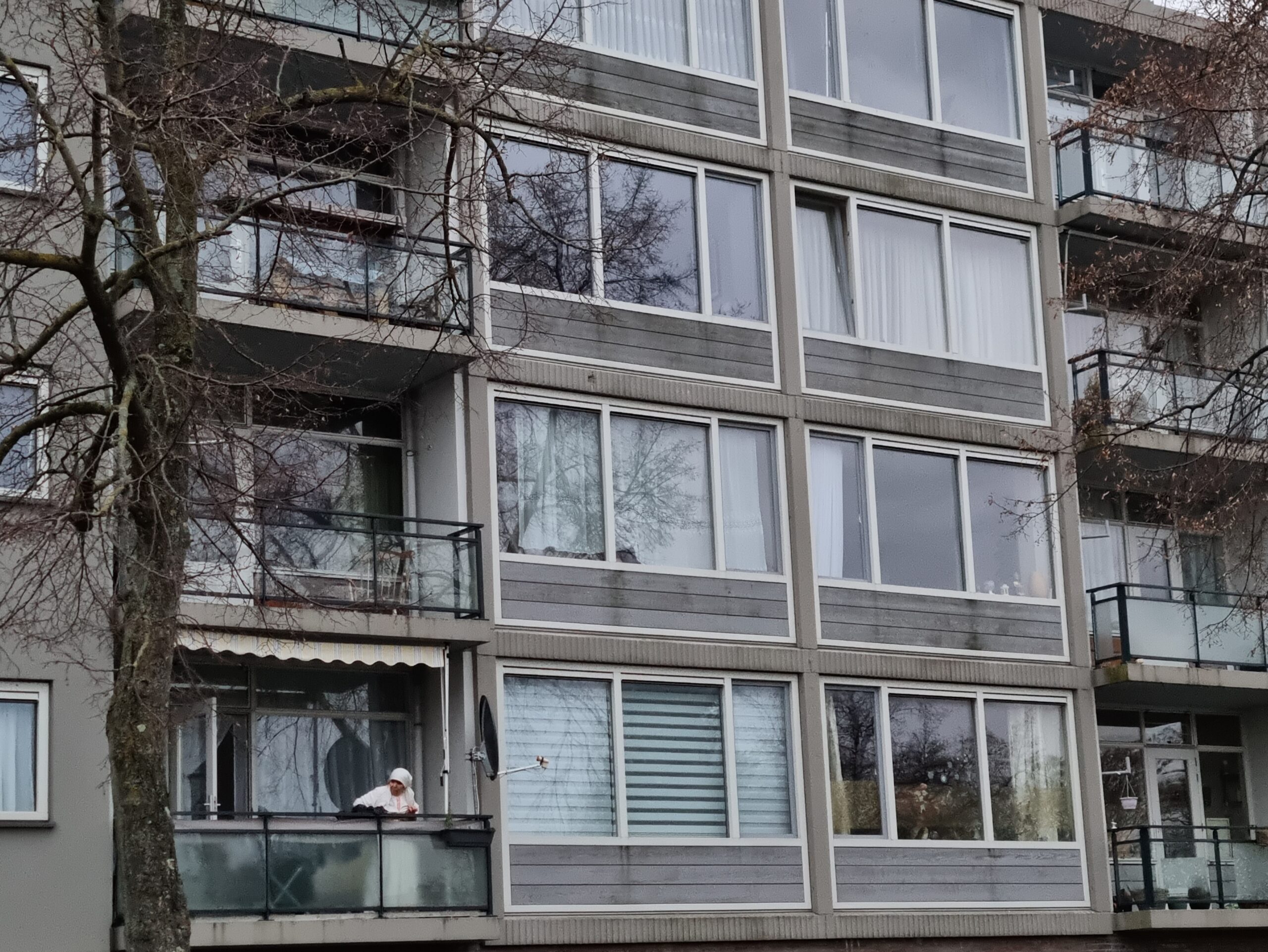
Matthijs Kok, the project leader, explained the main challenge they faced to get in contact with the energy-poor people of Kanaleneiland-Zuid:
‘In the beginning, we use to organise these evening meetings to talk about sustainability and energy consumption, but nobody would show up. We only manage to talk to these vulnerable people when we went knocking door by door.
‘A more personal approach was the key, as getting in touch with these people was very hard.’
He also highlighted that funding coming from the EU is ‘also very important, as the municipality cannot do much alone’, and that this incentive gives the project the possibility ‘to do more experimental measures and innovation’.
Conclusion
The fact that energy poverty is now a “hot topic” in the Netherlands is great, and it is important that it continues to get the relevance it deserves.
But, as Mr Kok said, ‘there is still a lot to be done, and even if a lot happening, an extra effort is needed’ for a fair energy transition and the combat against energy poverty.
